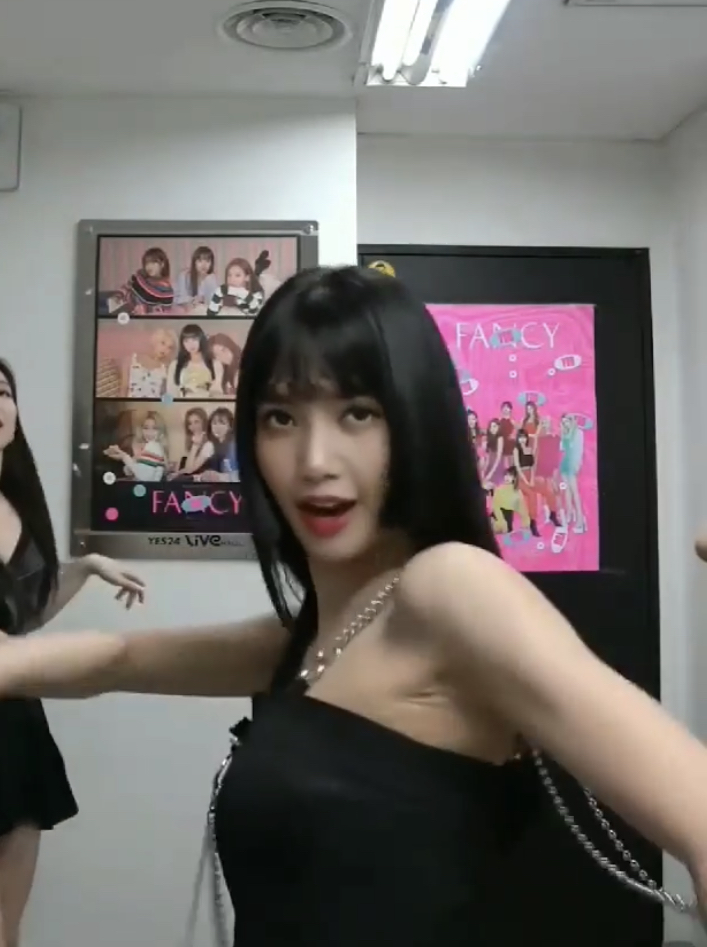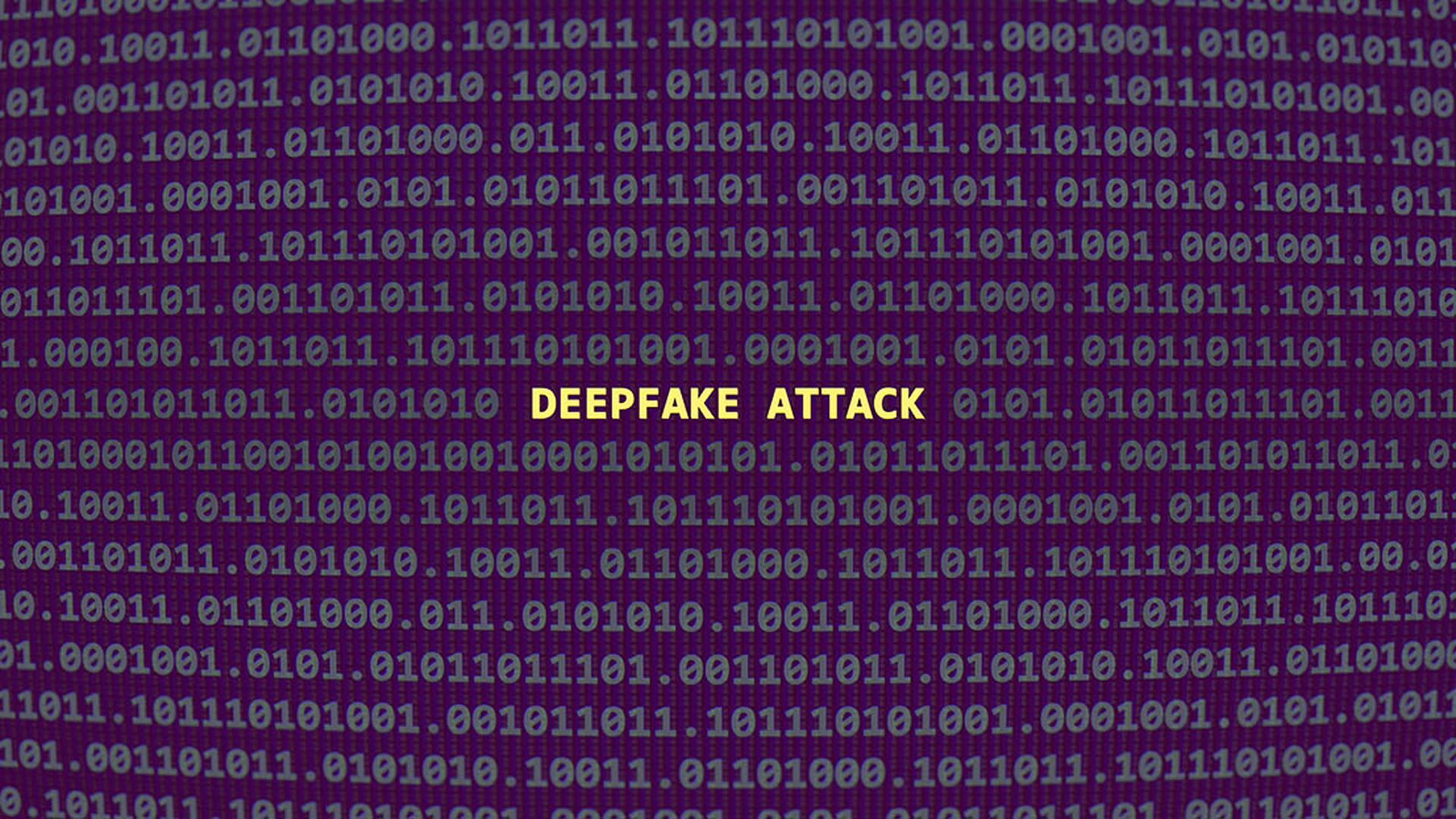Kpop Deepfake: The Rise Of AI-Generated Music And Celebrity Faces
Hey there music lovers, buckle up because we're diving deep into the world of Kpop deepfake. Imagine your favorite Kpop idols performing songs they never sang or dancing in ways you never thought possible. Sounds crazy, right? Well, welcome to the future of entertainment where AI technology is blurring the lines between reality and fiction. Let's explore how deepfake is transforming the Kpop scene and what it means for fans and artists alike.
Now, before we get too far ahead of ourselves, let's break down what Kpop deepfake really is. Simply put, it's the use of artificial intelligence to create realistic images, videos, or audio of Kpop stars doing things they never actually did. Think of it as digital magic that can make an idol appear in a new music video or even give a virtual concert. Crazy, right? But hold on tight because the implications are as exciting as they are controversial.
So why is everyone talking about Kpop deepfake? Well, it's not just about the technology itself but also the impact it has on the music industry, fans, and even the artists themselves. As we dive deeper into this topic, you'll discover how deepfake is reshaping the way we experience music, raising ethical questions, and opening up new opportunities for creativity. Let's get started!
Read also:Fetid Moppet The Unlikely Tale Of A Smelly Little Hero
What Exactly is Kpop Deepfake?
Alright, let's get technical for a moment. Kpop deepfake refers to the use of AI algorithms to manipulate or generate images, videos, or audio that mimic Kpop idols. This technology uses machine learning models trained on vast amounts of data to create hyper-realistic content. For example, you could take a clip of a Kpop star and use deepfake technology to make them appear in a completely different setting or performing a new song.
How Does Deepfake Technology Work?
Deepfake technology relies on two key components: generative adversarial networks (GANs) and neural networks. GANs work by pitting two AI models against each other—one generates fake content while the other tries to detect it. Over time, the generator becomes better at creating convincing fakes. Neural networks, on the other hand, analyze patterns in data to learn how to replicate specific features, like an idol's facial expressions or voice.
- GANs create realistic but fake content
- Neural networks analyze and replicate patterns
- Training data includes thousands of images and videos
The Impact of Kpop Deepfake on the Music Industry
Now let's talk about the elephant in the room—how is Kpop deepfake affecting the music industry? Well, it's a double-edged sword. On one hand, it opens up new possibilities for creativity and fan engagement. Imagine being able to see your favorite idol perform a mashup of their songs with another artist, all created using deepfake technology. On the other hand, there are concerns about authenticity and consent.
Positive Effects of Kpop Deepfake
One of the most exciting aspects of Kpop deepfake is its potential to enhance fan experiences. Artists can use this technology to create virtual concerts, personalized content, or even interactive experiences for their fans. It also allows for greater flexibility in music production, enabling artists to experiment with new styles and concepts without the limitations of traditional recording methods.
- Enhanced fan experiences through virtual concerts
- Personalized content creation
- Increased creative freedom for artists
Ethical Concerns Surrounding Kpop Deepfake
While Kpop deepfake offers many exciting possibilities, it also raises several ethical concerns. One of the biggest issues is consent. Should artists have control over how their likeness is used in deepfake content? What about the potential for misuse, such as creating fake performances or interviews that could mislead fans?
Consent and Ownership
Artists and their management companies are increasingly concerned about the unauthorized use of their likenesses in deepfake content. Without proper consent, deepfake technology could be used to create misleading or even harmful content that damages an artist's reputation. This has led to calls for clearer regulations and guidelines around the use of deepfake technology in the entertainment industry.
Read also:Andie Elle Onlyfans The Ultimate Guide To Her Rise And Success
- Artists should have control over their digital likenesses
- Unauthorized use can lead to misinformation
- Need for clearer regulations and guidelines
Legal Implications of Kpop Deepfake
As Kpop deepfake becomes more prevalent, legal issues are also coming to the forefront. Questions about intellectual property, copyright, and privacy are being raised. Can deepfake content be considered a derivative work? Who owns the rights to AI-generated music or performances? These are complex issues that require careful consideration and possibly new legislation.
Intellectual Property and Copyright
The use of deepfake technology in the music industry raises important questions about intellectual property and copyright. If an AI generates a new song or performance based on an artist's likeness, who owns the rights to that content? Is it the artist, the AI developer, or the person who created the deepfake? These questions are still being debated by legal experts and industry leaders.
- Uncertainty around ownership of AI-generated content
- Potential for copyright infringement
- Need for updated laws to address new technologies
The Future of Kpop Deepfake
So where does this leave us? The future of Kpop deepfake is both exciting and uncertain. As the technology continues to evolve, we can expect to see even more realistic and sophisticated content. However, it's crucial that the industry addresses the ethical and legal concerns surrounding deepfake technology to ensure it is used responsibly.
Potential Applications in the Music Industry
Looking ahead, there are many potential applications for Kpop deepfake in the music industry. Virtual concerts, personalized content, and new forms of music production are just the beginning. As artists and fans become more comfortable with the technology, we may see entirely new genres of music emerge that blend traditional Kpop with AI-generated elements.
- Virtual concerts and performances
- New forms of music production
- Emergence of AI-generated music genres
How Fans Are Reacting to Kpop Deepfake
What do the fans think about all this? Well, reactions are mixed. Some fans are excited about the possibilities deepfake technology offers, while others are concerned about its potential misuse. Social media platforms are filled with discussions about the ethics of deepfake and its impact on the Kpop industry. As fans, it's important to stay informed and engage in these conversations.
Engaging in the Conversation
Whether you love or hate Kpop deepfake, one thing is clear—it's here to stay. As fans, we have a responsibility to engage in discussions about its use and advocate for responsible practices. This includes supporting artists who use deepfake technology ethically and calling out instances of misuse or misinformation.
- Stay informed about deepfake technology
- Engage in ethical discussions
- Support responsible use of deepfake
The Role of Technology Companies
Technology companies also have a role to play in shaping the future of Kpop deepfake. By developing tools that prioritize ethical use and providing clear guidelines for their use, they can help ensure that deepfake technology is used responsibly. This includes working closely with artists, fans, and industry leaders to address concerns and develop best practices.
Developing Ethical Guidelines
One of the most important steps technology companies can take is to develop ethical guidelines for the use of deepfake technology. These guidelines should address issues like consent, ownership, and potential misuse. By working together with stakeholders across the industry, companies can help create a framework for responsible use of deepfake technology.
- Develop ethical guidelines for deepfake use
- Work with artists and industry leaders
- Address concerns about misuse and misinformation
Conclusion
And there you have it, folks. Kpop deepfake is here, and it's changing the game in ways we never imagined. From enhancing fan experiences to raising ethical and legal questions, this technology is reshaping the music industry as we know it. As fans, artists, and industry leaders, it's up to us to ensure that deepfake is used responsibly and ethically.
So what can you do? Stay informed, engage in conversations, and support responsible practices. Together, we can help shape the future of Kpop deepfake and ensure it benefits everyone involved. Now go ahead and share your thoughts in the comments below. Let's keep the conversation going!
Table of Contents
- Kpop Deepfake: The Rise of AI-Generated Music and Celebrity Faces
- What Exactly is Kpop Deepfake?
- How Does Deepfake Technology Work?
- The Impact of Kpop Deepfake on the Music Industry
- Positive Effects of Kpop Deepfake
- Ethical Concerns Surrounding Kpop Deepfake
- Consent and Ownership
- Legal Implications of Kpop Deepfake
- Intellectual Property and Copyright
- The Future of Kpop Deepfake
- Potential Applications in the Music Industry
- How Fans Are Reacting to Kpop Deepfake
- Engaging in the Conversation
- The Role of Technology Companies
- Developing Ethical Guidelines
- Conclusion


